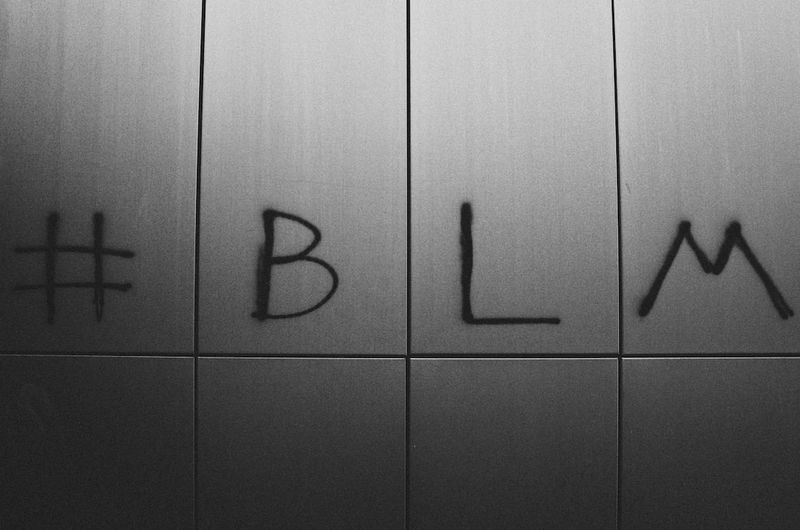France‘s Ban on Abayas in Public Schools Stokes Controversy and Raises Questions of Discrimination
A Clash of Values: Laïcité and Religious Identity
France‘s decision to ban schoolchildren from wearing abayas, the robe-like garments often worn by Muslim women, in public schools has sparked heated debates and reignited concerns of discrimination. French Education Minister Gabriel Attal argues that the ban is necessary to uphold the principle of laïcité, which refers to the separation of state institutions and religions. He contends that schools should be neutral spaces where students’ religious identities are not apparent.
However, critics argue that this ban is an infringement on the religious freedom of Muslim students. They see it as an example of the French government perpetuating Islamophobia and using laïcité as a tool to target the Muslim community. Opposition lawmakers, such as Danièle Obono, have condemned the ban as a discriminatory campaign against Muslims.
Examining the Consequences: Polarization and Exacerbation of Tensions
The ban on abayas in public schools is not an isolated incident but part of a series of controversial restrictions on clothing associated with Muslims in France. The country has previously banned the wearing of the hijab and other “conspicuous religious symbols” in sports competitions, leading to criticism from Muslim countries and international organizations.
Jean-Luc Mélenchon, a prominent far-left politician, has expressed sadness over the politicization of the return to school and the emergence of an “absurd, entirely artificial religious war” surrounding women’s clothing. He calls for civil peace and true secularism that unites rather than exacerbates social divisions.
Questioning the Compatibility with French Values
Critics argue that the ban on abayas contradicts the liberal principles outlined in the 1905 Law on Separation of Church and State, which has been distorted and weaponized in recent decades. They believe that such policies only deepen the fractures within French society.
Rim-Sarah Alouane, a French legal scholar and commentator, criticizes the ban as a policy that fuels division and goes against the core principles of religious freedom and tolerance. These measures, she contends, do not align with the fundamental values enshrined in French law.
Recognizing Human Rights and Respecting Cultural Diversity
France‘s ban on abayas and previous restrictions on Islamic dress raise important questions about the balance between security concerns, religious freedom, and cultural diversity. While the government argues that such bans are necessary for safety reasons, as seen in the claim that the hijab poses a risk to athletes during sports competitions, the United Nations Human Rights Committee has previously criticized France‘s ban on niqabs, stating that it violated the human rights of Muslim women.
It is essential for France to address these concerns and strike a balance that upholds the principles of laïcité while respecting individual rights and promoting inclusivity. A multicultural society should value and protect the rights of its diverse citizens, without succumbing to discriminatory policies.
Editorial: Navigating the Challenges of Secularism and Integration
France‘s ongoing debates over the ban on abayas and other Islamic dress items highlight the complexities surrounding secularism, cultural integration, and religious diversity. While the principle of laïcité aims to create a neutral public space, it is crucial to ensure that it does not become a tool for exclusion or the suppression of religious freedoms.
It is essential to recognize and respect the cultural identities and religious practices of all citizens, regardless of their faith. This means allowing individuals to express their religious beliefs freely while also ensuring that the principles of religious neutrality are upheld in public institutions.
Rather than imposing bans and restrictions, the French government should invest in fostering dialogue, understanding, and mutual respect among diverse communities. Education plays a vital role in promoting tolerance and breaking down stereotypes and divisions. By promoting an inclusive and multicultural curriculum, French schools can contribute to building a society that celebrates diversity and embraces all its citizens.
Advising for a More Inclusive Future
In order to avoid further polarization and the marginalization of certain communities, it is crucial for France to revisit its approach to secularism and integration. The government should engage in meaningful conversations with religious leaders, community organizations, and human rights advocates to strike a balance between the country’s core secular values and the rights of individuals to freely express their religious beliefs.
Citizens should also participate in open dialogue and actively challenge discriminatory narratives. By fostering an environment of inclusivity and empathy, French society can work towards a future where all citizens can practice their faiths freely and proudly, without fear of discrimination or marginalization.
Ultimately, France has the opportunity to become a beacon of religious tolerance and cultural diversity, setting an example for other countries grappling with similar challenges. It is through embracing diversity and promoting understanding that societies can thrive and build a more harmonious future for all.

<< photo by Christian Lue >>
The image is for illustrative purposes only and does not depict the actual situation.
You might want to read !
- France’s Ban on Abayas in State Schools: An Examination of Religious Freedom and Integration
- How to Watch the 2023 U.S. Open Tennis Games Online in Canada
- Streamy Awards 2023 Honors Internet Culture with Meghan Trainor as Host
- TIFF 2023 : Explorez le monde du cinéma francophone et ne manquez pas ces films
- Tropical Storm Idalia Triggers Urgent Evacuations Along Florida’s Gulf Coast
- Brandon Flowers Abandons New Killers Album Midway through Recording Process, Leaving Fans Disappointed
- India’s Neeraj Chopra and Pakistan’s Arshad Nadeem: Javelin Legends Cross Borders in Historic Achievement
- Brandon Flowers Pulls the Plug on New Killers Album Midway Through Recording
- France’s Controversial Move to Outlaw Muslim Abaya Dress in State Schools
- Florida on High Alert as Hurricane Idalia Approaches
- “Teacher Receives Recognition for Dedication to Education”
- France’s Controversial Move: Banning Abayas in State Schools




